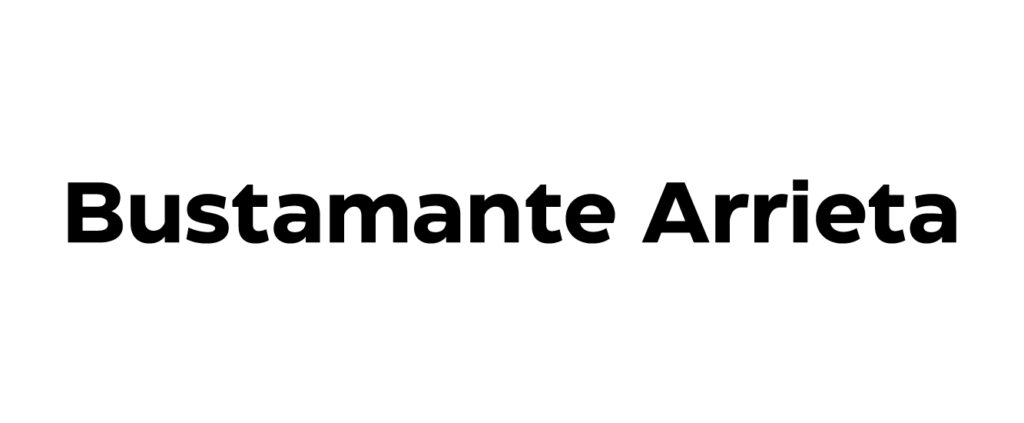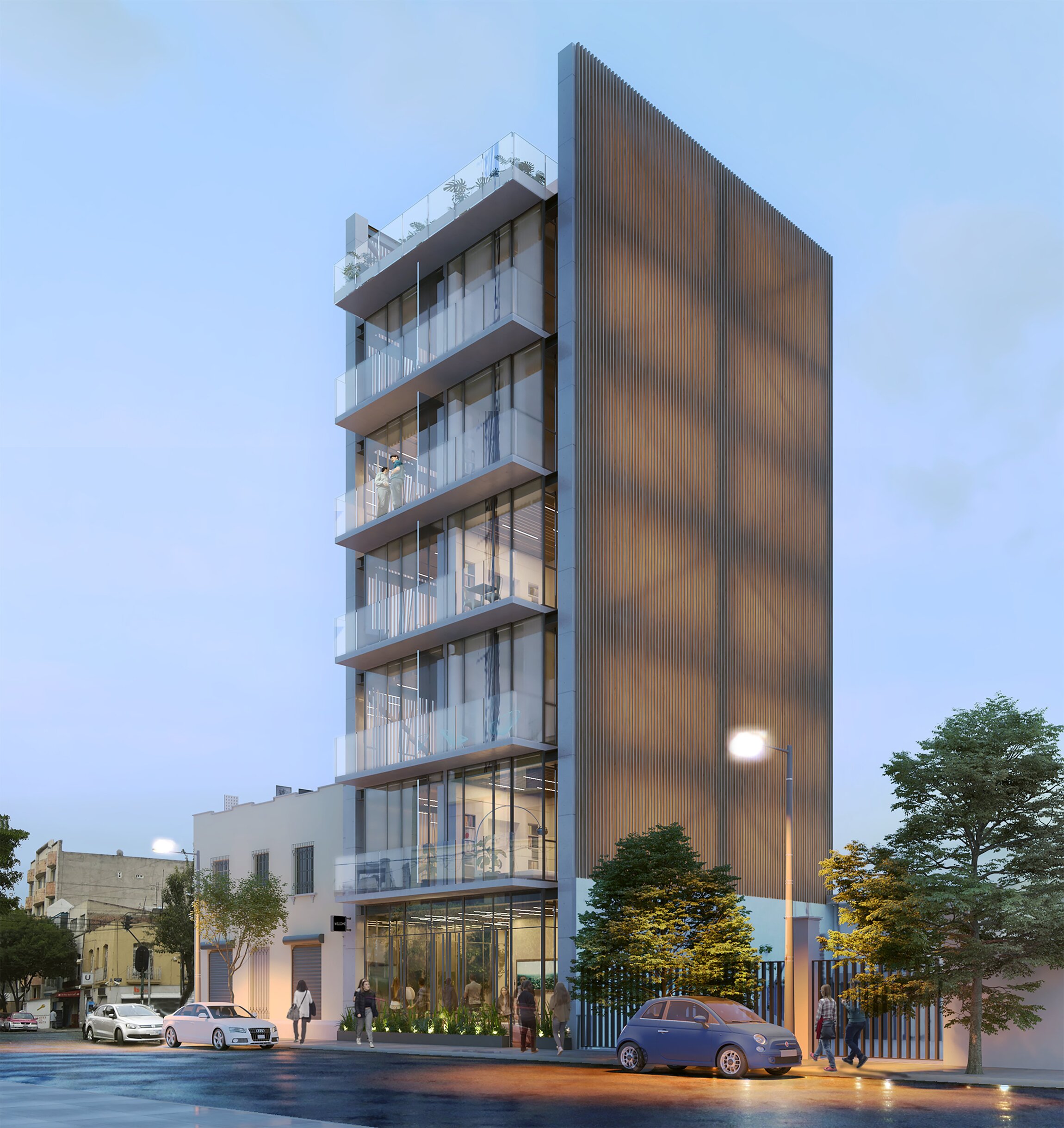
COAHUILA 22
Coahuila 22 is a forward-thinking residential project focused on smart urban densification. The concept stems from a comprehensive analysis of market conditions, urban growth, economic pressures, and evolving social patterns in housing. Responding to the increasing demand for accessible living in central Mexico City, the proposal introduces a new building typology tailored for one of the city’s most vibrant and sought-after neighborhoods.
The project consists of compact, highly efficient micro-units of 32 square meters, designed specifically for long-term rental. These units are complemented by a generous suite of shared amenities located both at street level and on the rooftop, encouraging community interaction and enhancing the overall living experience.
By minimizing the private area of each unit, the rental cost remains attainable for young professionals and digital nomads looking to live in a central, well-connected, and culturally rich area. To compensate for the reduced size of the units, the project offers thoughtfully curated communal spaces including a shared kitchen, laundry facilities, coworking space, coffee bar, lounge, bar, and a meeting room—blurring the lines between living, working, and socializing.
One of the main design challenges was the limited plot size of just 10 by 13 meters. Instead of resorting to a conventional layout with single-aspect apartments facing only the street, we reimagined the building envelope by introducing an architectural exoskeleton. This structural frame is wrapped with vertical wood louvers that serve both functional and aesthetic purposes: they reduce solar heat gain, provide privacy, and create a unique facade identity. Inside, a lateral glass curtain wall was added to the building’s interior, allowing for increased natural light, improved cross-ventilation, and a heightened sense of spaciousness within the micro-units.
Coahuila 22 is not only a response to housing scarcity and affordability in Mexico City—it’s a prototype for a new kind of urban living that prioritizes intelligent design, sustainability, and a community-first approach.
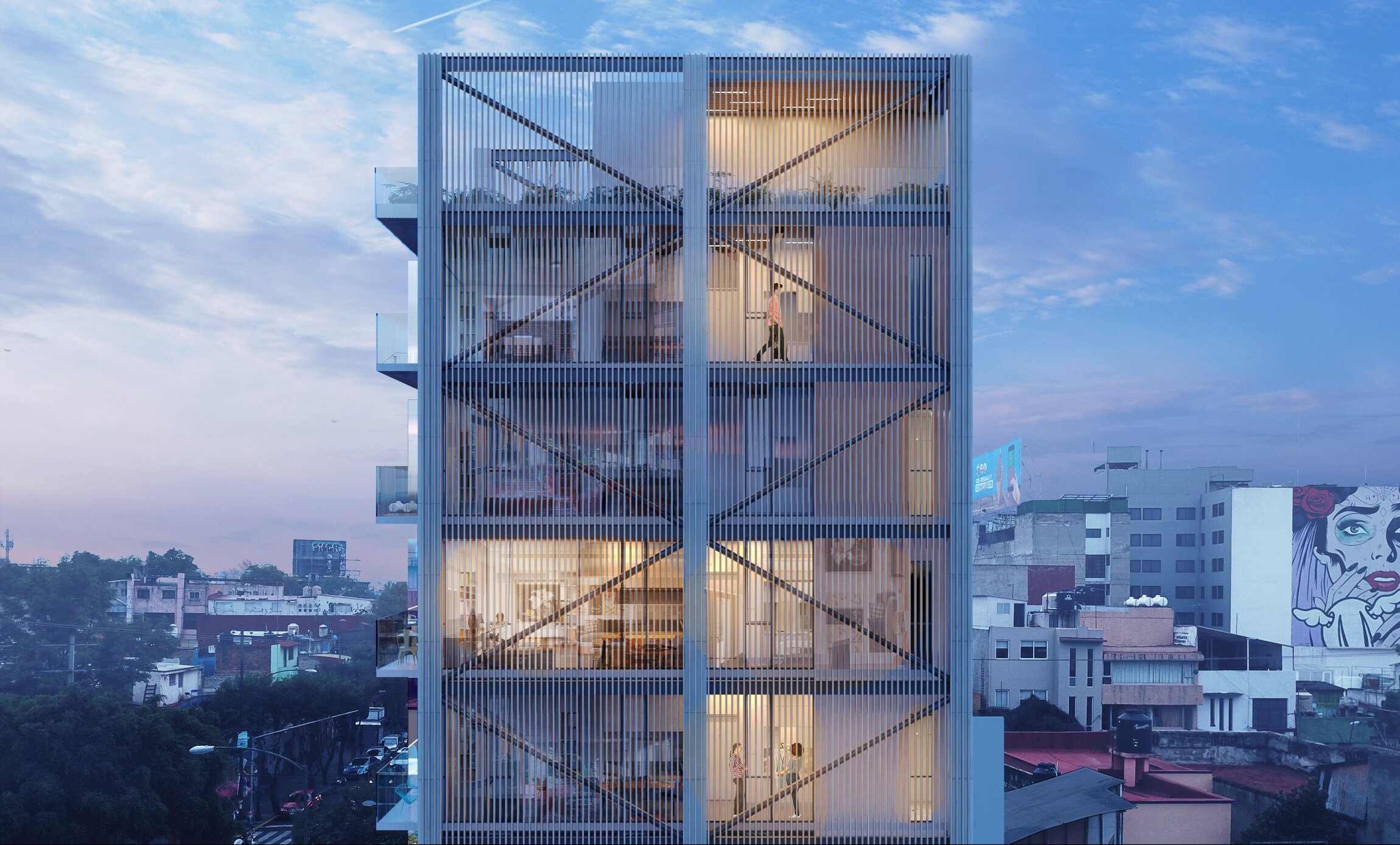
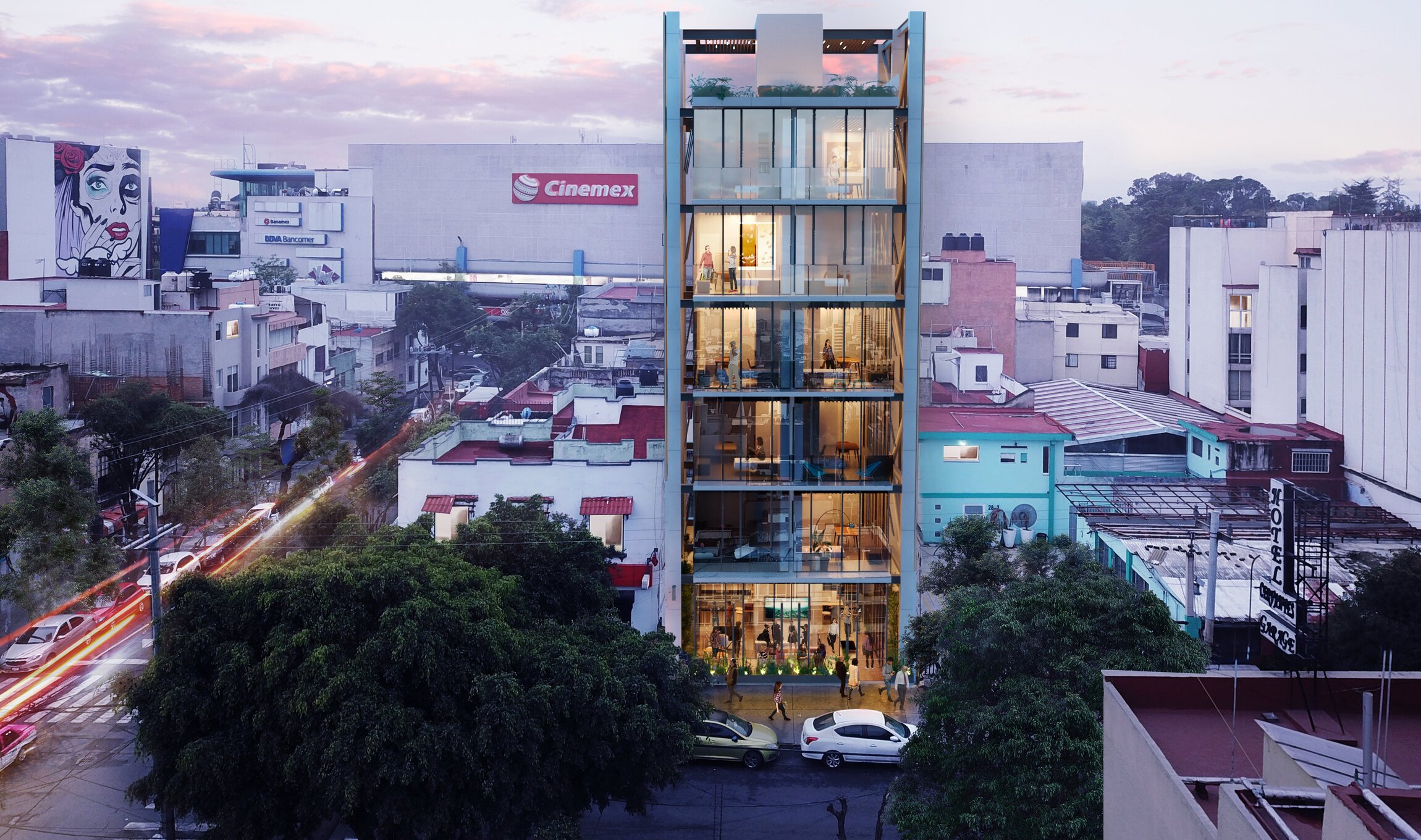
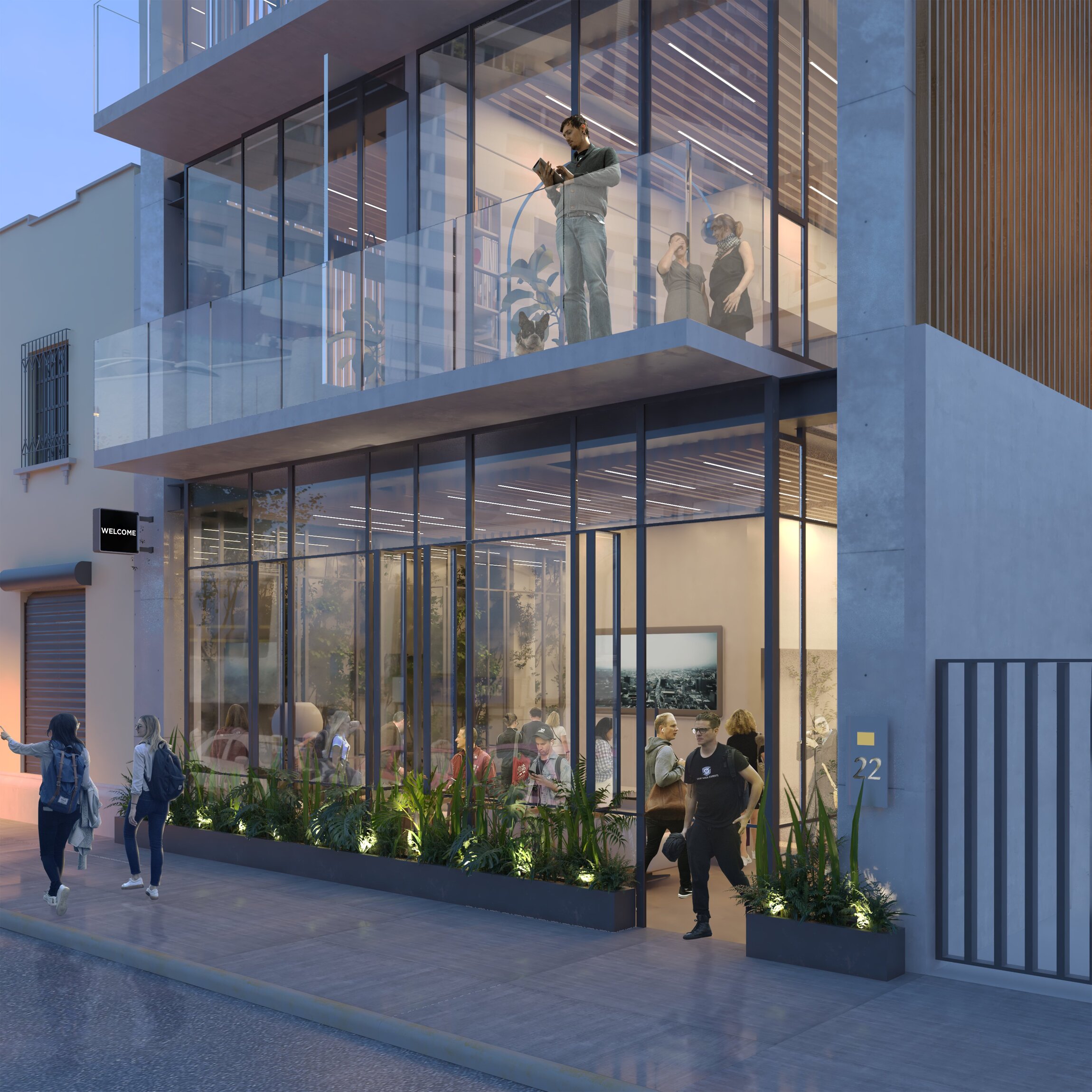

COAHUILA 22
Coahuila 22 is a forward-thinking residential project focused on smart urban densification. The concept stems from a comprehensive analysis of market conditions, urban growth, economic pressures, and evolving social patterns in housing. Responding to the increasing demand for accessible living in central Mexico City, the proposal introduces a new building typology tailored for one of the city’s most vibrant and sought-after neighborhoods.
The project consists of compact, highly efficient micro-units of 32 square meters, designed specifically for long-term rental. These units are complemented by a generous suite of shared amenities located both at street level and on the rooftop, encouraging community interaction and enhancing the overall living experience.
By minimizing the private area of each unit, the rental cost remains attainable for young professionals and digital nomads looking to live in a central, well-connected, and culturally rich area. To compensate for the reduced size of the units, the project offers thoughtfully curated communal spaces including a shared kitchen, laundry facilities, coworking space, coffee bar, lounge, bar, and a meeting room—blurring the lines between living, working, and socializing.
One of the main design challenges was the limited plot size of just 10 by 13 meters. Instead of resorting to a conventional layout with single-aspect apartments facing only the street, we reimagined the building envelope by introducing an architectural exoskeleton. This structural frame is wrapped with vertical wood louvers that serve both functional and aesthetic purposes: they reduce solar heat gain, provide privacy, and create a unique facade identity. Inside, a lateral glass curtain wall was added to the building’s interior, allowing for increased natural light, improved cross-ventilation, and a heightened sense of spaciousness within the micro-units.
Coahuila 22 is not only a response to housing scarcity and affordability in Mexico City—it’s a prototype for a new kind of urban living that prioritizes intelligent design, sustainability, and a community-first approach.



